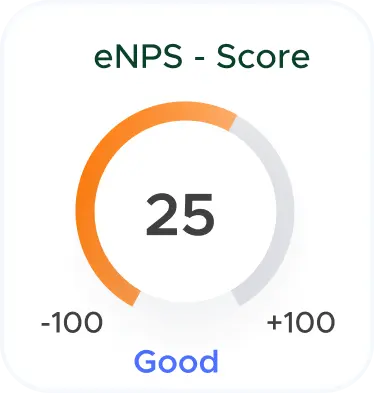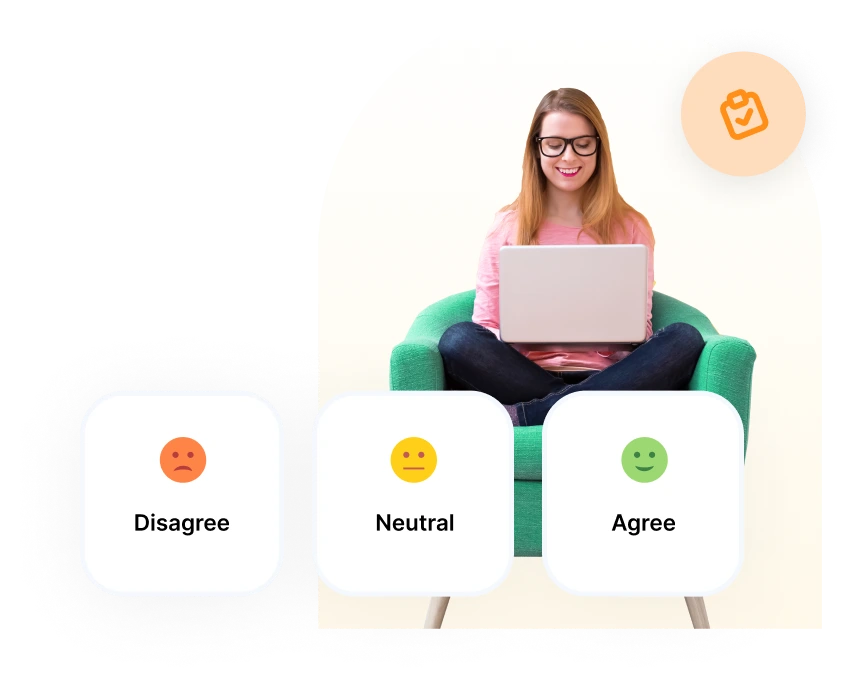Overtime refers to the additional hours an employee works beyond their regular working hours, typically exceeding 40 hours per week. As mandated by various labor laws, these extra hours often come with a premium pay rate, commonly set at one and a half times the regular hourly rate.
What is overtime?
Overtime refers to the additional hours employees work beyond their regular working hours, typically exceeding the standard 40-hour workweek in many countries.
Understanding overtime regulations is crucial for employers and employees to ensure fair compensation, maintain compliance with labor laws, and promote a healthy work environment. Failure to adhere to these regulations can lead to legal repercussions and financial penalties for employers, while employees may experience exploitation or dissatisfaction.
Is overtime taxed more?
Overtime pay is typically taxed at the same rate as regular income. However, because overtime pay increases total income, it can push an individual into a higher tax bracket for that pay period.
What are the benefits of overtime?
The benefits of overtime are:
- Financial compensation: Overtime allows employees to earn additional income, which can be especially beneficial for those seeking to supplement their regular wages or achieve specific financial goals.
- Employee motivation and engagement: Offering overtime opportunities can boost employee morale and motivation. It recognizes their willingness to contribute beyond regular expectations and rewards their dedication to their work.
- Flexibility for employers and employees: Overtime allows employers to effectively manage fluctuating workloads and meet deadlines. For employees, it provides flexibility in managing their schedules and accommodating personal or financial needs.
What are the challenges and concerns related to overtime?
The challenges and concerns of overtime are:
- Burnout and fatigue: Extended overtime can lead to employee burnout and fatigue, negatively impacting productivity, job satisfaction, and overall well-being.
- Impact on work-life balance: Excessive overtime can disrupt employees' work-life balance, leading to stress, strained relationships, and decreased quality of life outside work.
- Compliance risks for employers: Failure to accurately track and compensate overtime hours can result in legal liabilities, including lawsuits, penalties, and damage to the organization's reputation.

.svg)













.svg)



.svg)
.svg)